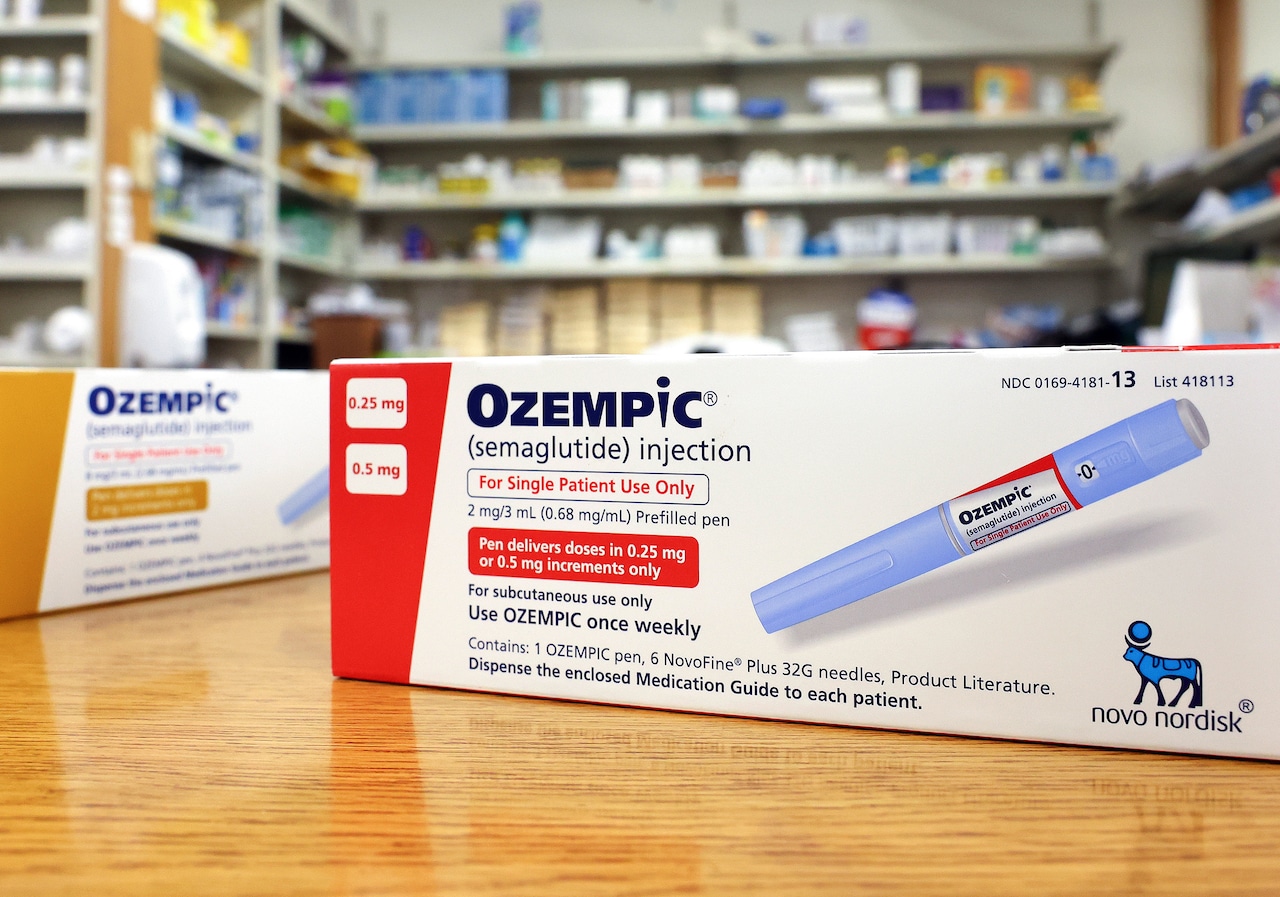Plenty of folks have been using GLP-1s — generic knockoffs of popular weight loss drugs such as Ozempic and Zepbound — to jump-start their health journeys lately.
But those folks could be in for bad news. That’s because a recent ruling by the FDA that there was no longer a shortage of the medications means that compounding pharmacies have been ordered to stop making the less expensive versions of the drug.
That order, focusing on drugs that contained the active drug trizepatide, took effect on March 19, and Healthline.com reported that a similar measure could be taken for drugs containing semaglutide on April 22.
That means those drugs are going to be potentially harder to obtain, if they are obtainable at all, and more expensive. It’s a terrible blow for folks using them on their health journey. Fortunately, there are options. For those already doing well on the drugs, diet and exercise, as always, can help. And there are some supplements that can help with weight loss, too.
As always, you should check with your physician before taking any supplement.
One popular and affordable supplement that has shown some promise in helping with weight loss is berberine. In fact, some have called the supplement “nature’s Ozempic,” and with a month’s supply costing as little as $8 on Amazon, that’s probably going to make it a popular option.
Does it live up to the hype though? Should it really be compared to Ozempic.
A piece on the Mayo Clinic Press website calls it a “promising supplement” but adds that it is “not a magical weight-loss solution.”
Bad news: it refers to the “nature’s Ozempic” thing as “good marketing,” but says that is not “necessarily honest or helpful.”
So, what is the truth?
“If you are looking at something that’s being considered a ‘natural’ version of a medication, it can look really appealing,” Tara A Schmidt, a registered dietitian with the Mayo Clinic said.
Schmidt warned that “even Ozempic’s not magic in itself.”
The Mayo Clinic explained that berberine is an alkaloid that is found “in a variety of plants including barberry, goldenseal, Oregon grapes and coptis.” It is typically made into pills that are taken orally.
And Schmidt said that in limited research berberine has shown promise when it comes to lowering cholesterol and helping with diabetes and insulin resistance. The Mayo Clinic said the supplement “may be safe when taken in recommended amounts” with the main side effects including nausea, constipation, diarrhea, gas and vomiting.
Per the Mayo Clinic, berberine is considered antimicrobial and “may alter the bacteria” in your gut. It said it is also “thought to act as an anti-inflammatory, antioxidant and anti-cancer substance.”
It’s effects on insulin and gut microbiota could be responsible for its potential weight-loss benefits, per the site. Schmidt said that better blood sugar regulation could help control appetite.
The Cleveland Clinic also calls berberine a “promising supplement” for weight loss.
“Berberine can help diabetes, high blood pressure and lipid levels,” Doctor Elizabeth Bradley said according to the Cleveland Clinic. “Combine berberine with lifestyle changes, like losing weight, and it can positively affect those conditions.”
The Cleveland Clinic also warns against buying into the “nature’s Ozempic” hype but says the supplement could also aid in weight loss and could also reduce the risk of heart disease.
So, is berberine a magic weight loss pill?
Nothing really is.
But, according to the Mayo Clinic and the Cleveland Clinic, taken at safe levels it could be an affordable supplement worth adding to your arsenal.
If you purchase a product or register for an account through a link on our site, we may receive compensation. By using this site, you consent to our User Agreement and agree that your clicks, interactions, and personal information may be collected, recorded, and/or stored by us and social media and other third-party partners in accordance with our Privacy Policy.
